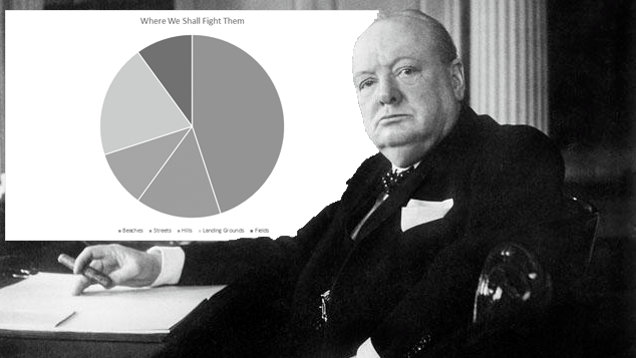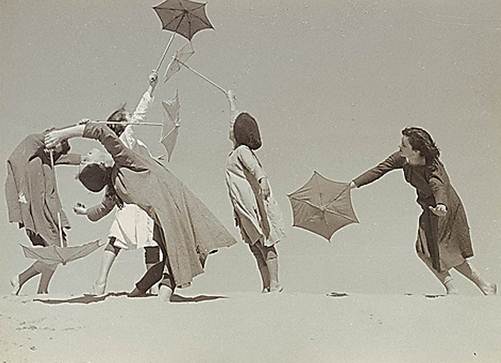 Managing a team can be a tricky business. Balancing egos, personalities, ideas, grafters, blockers and dodgers. The best teams usually boast a natural leader. Or two.
Managing a team can be a tricky business. Balancing egos, personalities, ideas, grafters, blockers and dodgers. The best teams usually boast a natural leader. Or two.
by Phil Jewitt
There’s a film called The Damned United which tells the story of the managerial partnership of Brian Clough and Peter Taylor. Together, they successfully led Derby County and Nottingham Forest to football glory in the 1970s but not so successfully* after they went their separate ways. For those too young to remember or not remotely interested in football, you can replace Brian and Peter with Ant and Dec, The Hairy Bikers or any other successful partners.
It’s probably fair to say none of them would have achieved the success they jointly have without the relationship they created and maintained and their understanding of each other and their teams.
Recent posts by Darren, Paul and Simon explained similar experiences of being a Head of Comms. Relevantly, they all talk about relationships, supporting and being supported by their teams.










